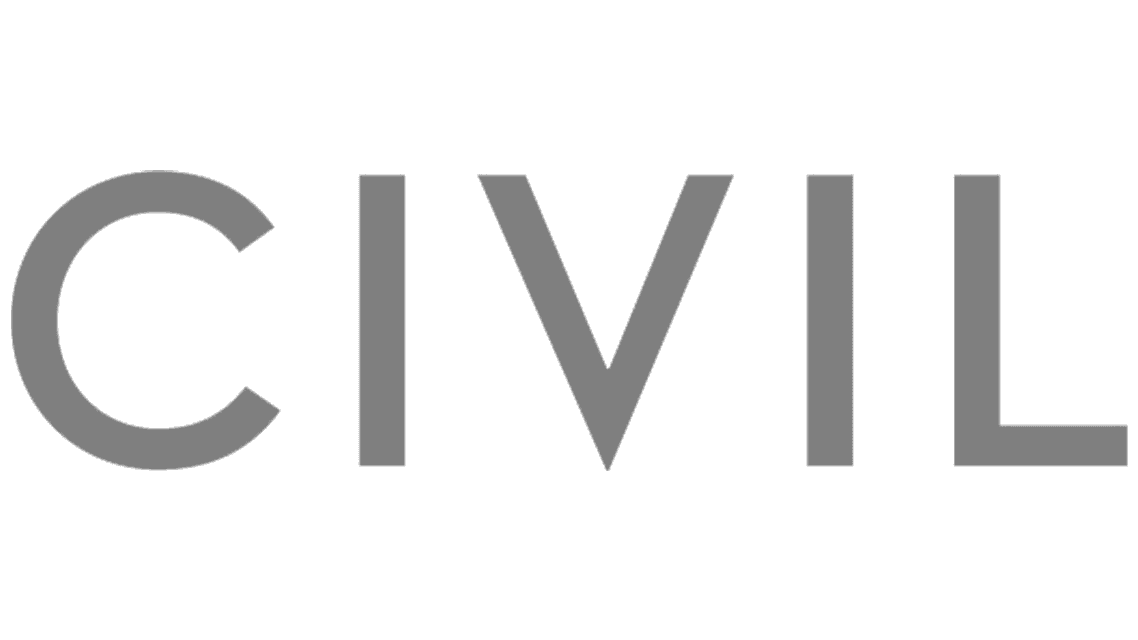
Case study
How Bureau Local runs its 'open newsroom' Slack discussions
In a nutshell
Bureau Local journalists host a bi-weekly online discussion for an hour so members can explore an issue together, share knowledge and connect with each other.
Background
- Bureau Local is a collaborative, investigative journalism network founded in March 2017 by the Bureau of Investigative Journalism. It is based in London.
- The team of five journalists investigates issues that are important to communities across the UK and works with a network of 1,000+ members, including local reporters, bloggers, public servants, technologists and community-minded citizens, who assist in the reporting.
- Bureau Local partners with local and national media partners (eg HuffPost UK and Channel 4 News) to ensure stories are read widely and have maximum impact.
- The team has won a number of high-profile awards including the innovation prize at the 2017 British Journalism Awards and a 2018 European Press Prize for innovation.
- Since November 2018, the organisation has held a bi-weekly open newsroom meeting online as a way to discuss topics, share expertise and tackle problems that its members care about.
- In October 2018, Bureau Local received support from the Engaged Journalism Accelerator to go through a business development process in order to find new revenue-generating ideas to sustain the journalism it produces. The report about this process and its outcomes will be published next week.

How did they do it?
- The team wanted to create regular time and space to enable members to connect, share expertise and ask questions about the stories that Bureau Local was working on, and to ensure the network remained active and informed between investigations. Already using Slack for internal communications, they decided to use it to pilot the first ‘open newsroom’ in November 2018.
- They created an open channel (most other channels were closed) and a sign-up page that easily allowed people to request access to Bureau Local’s Slack network.
- People input their email address to get access to Slack – users are not vetted — and they are encouraged to introduce themselves and prompted to join other Slack channels which may be of interest (eg #lets_meetup, #resources, #communityorganising).
- The open newsrooms take place on regular Thursdays at lunchtime (UK time) and last for one hour. Each has a different focus and the topics are picked by the Bureau Local team but informed by discussions between members on Slack. Recent topics have included court reporting, crowdsourcing local democracy and scraping without code (full list here).
- Rachel Hamada, Bureau Local’s community organiser (a role shared with Eliza Anyangwe until she left) facilitates the discussion and is supported by at least one other team member, who takes notes. The roles are rotated to ensure everyone on the team gets to lead the discussion. For example, Charles Boutaud, one of Bureau Local’s data journalists, led the recent open newsroom on scraping.
- The team promotes the open newsroom by messaging in the #newsroom Slack channel during the week to let people know when it is happening. They use the @everyone function to alert all Slack users, but are careful not to bombard people with reminders. They also include it in their email newsletter and tweet about it.
- The community organiser also gets in touch with network members who’ve expressed interest in an upcoming topic (eg housing or Freedom of Information) and alerts them to the newsroom.
- During the open newsroom, the journalist leading the discussion poses questions to users, summarises responses where possible and asks follow-up questions.
- At the end of the open newsroom, the facilitator thanks everyone for coming and posts links for how people can participate in forthcoming Bureau Local stories. Members give feedback on the session (which has been mostly positive to date).
- Notes from the discussion, including resources, databases and tips mentioned, are collated in a Google Doc and shared (a list can be found here).

What did they learn?
- On average, between 20-30 members join for each open newsroom. This number includes people who are online but not asking questions (in Slack, you can see people who are ‘active’). Encouraging lurkers to say ‘I’m here but just reading’ has proved useful for finding out about new members who are interested but not ready to contribute.
- The team trialled different times and days of the week but settled on Thursday lunchtime because the weekly local newspapers in the Bureau Local network tend to have busy production days on Fridays and often struggled to join.
- The team has asked members to suggest topics for the open newsrooms but it hasn’t gone that well. One topic, how to submit FOI requests, was not very well-attended and had few questions – despite it being a topic requested by newsroom attendees in a previous session. The team believes it could have been as a result of a busy news agenda that week.
- The best open newsroom was about community organising, which was attended by 15 people and had a wide range of expertise (journalists, organisers, activists). It worked well because it focused on journalists and community organisers sharing tips to help the two roles work better together to get stories all the way from affected communities to decision-makers for maximum impact.
- Anecdotally, the team has found that people taking part in the open newsrooms have gone on to take part in investigations and stories that they are working on (which was one of the aims in the first place).
- The open newsroom (and Slack in general) has brought about unexpected collaborations. For example, one member (a journalist at a local paper) mentioned that they’d lost their designer so another member made a Tableau visualisation for the story he was working on pro bono, which was then published. Members also recently requested to set up a scraping skills group to practise techniques and share their progress.
- The team has included questions about the open newsrooms in feedback surveys but the most useful feedback comes in the immediate aftermath of an open newsroom. For example, one user suggested the topic of court reporting was too broad to realistically discuss in an hour. This helps to decide future topics.
- There are a number of people who don’t participate in Slack conversations because they dislike or struggle with Slack as a platform – the BL team is looking at how this might be handled, for example by drafting a user guide to Slack for members.
- The team has recently introduced bi-weekly story clinics to help members get help on specific challenges and will subsequently move open newsrooms to be monthly.
In their own words
Megan Lucero, director, Bureau Local
"The open newsrooms arent about us. We provide the moderating, the space and the structure but it is important to remember we are members of the community like everyone else."
How would you improve it?
"We've talked about having rules of engagement that everyone knows up front. We have rules like this at physical events and for investigations we run so it makes sense to do it for open newsrooms too. As we grow, it's something we might end up doing."
Now try it for yourself
- This profile on Bureau Local explains more about how the organisation works with local and national media across the UK.
- This report by the Reuters Institute for the Study of Journalism looks at the potential of collaboration to address the challenges of local news (and mentions Bureau Local’s open newsroom).
- Jennifer Brandel and Mónica Guzmán outline their idea for a new type of editorial meeting which starts with ‘the information gaps the public demonstrates they have' and focus on filling those gaps.
- Back in 2012, The Stream (a programme broadcast by Al Jazeera) used Google+ Hangouts to ask people about what stories they should cover.
- Bureau Local produced a user guide with learnings from the first two years of existence to help others in building local, collaborative networks.
Please make a contribution today
Your support will help us continue providing the kinds of opportunities journalists tell us they rely on
Would you like to have a direct conversation about making a donation? Please get in touch.



